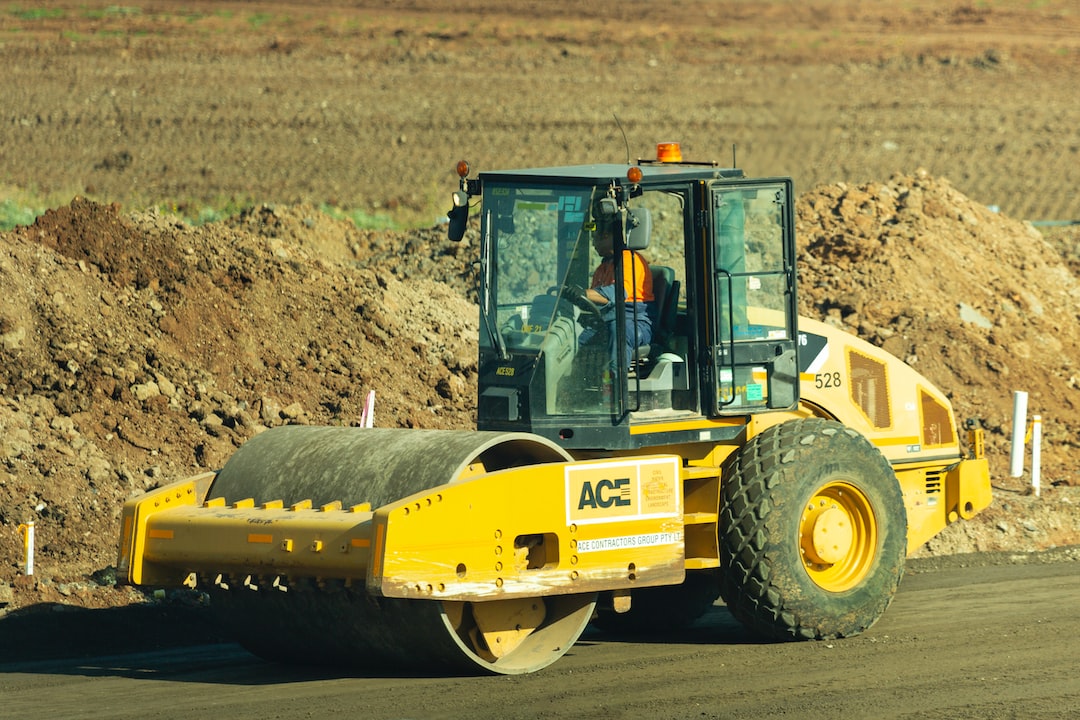Title: The Impact of COVID-19 on the Automotive Industry: How it’s Shaping the Future
Introduction:
The COVID-19 pandemic has wreaked havoc on various industries across the globe, triggering widespread economic disruptions and reshaping the way we live and work. Among the affected sectors, the automotive industry has been hit particularly hard, with significant impacts on production, demand, and supply chains. In this blog post, we delve into the repercussions of the pandemic on the automotive landscape and explore how it is shaping the future of the industry.
1. Disrupted production and supply chains:
Manufacturing plants worldwide were forced to shut down or reduce operations due to lockdown measures implemented to curb the spread of the virus. This has led to a significant disruption in the production and supply chain processes of automakers. From shortage of raw materials, components, and parts to reduced workforce availability, the industry faced unprecedented challenges, resulting in delayed deliveries and production bottlenecks.
To mitigate these challenges, companies are now exploring alternative sourcing strategies and adopting localized production models. This shift towards regionalization aims to minimize the reliance on overseas suppliers, strengthen supply chains, and ensure more robust production capabilities in the face of future disruptions.
2. Decline in demand and shift in consumer behavior:
The pandemic has severely affected consumer demand for automobiles. With strict lockdown measures and economic uncertainties, car purchases were deprioritized, leading to a sharp decline in sales. Consequently, automakers had to devise innovative ways to engage consumers and adapt to the changing market dynamics.
One of the prominent shifts in consumer behavior has been a growing preference for contactless transactions and digital platforms. Online sales, virtual showrooms, and contactless deliveries have become the new norm. To embrace this change, automotive companies are investing in digital technologies, enhancing their online presence, and offering personalized virtual experiences to cater to the evolving needs of consumers.
3. Acceleration of electrification and sustainability goals:
The pandemic has acted as a catalyst in pushing the automotive industry towards accelerated electrification and sustainability goals. As cities and countries imposed stricter emission regulations and environmental targets, automakers realized the importance of transitioning to cleaner, more sustainable technologies.
COVID-19 highlighted the need for resilience and reducing reliance on fossil fuels. Consequently, the industry has witnessed a surge in electric vehicle (EV) sales, as governments and individuals seek to improve air quality and reduce their carbon footprint. Automakers have strengthened their commitment to EV production and are investing heavily in research and development to create more sophisticated and affordable electric options for consumers.
4. Reshaping mobility trends:
The pandemic has reshaped mobility trends, altering the way people travel and use private and public transportation. The fear of contracting the virus, coupled with social distancing measures, has driven individuals to opt for personal transportation alternatives. This has sparked an increased interest in car ownership, car-sharing, and rental services.
Additionally, there has been a renewed focus on autonomous vehicles and smart mobility solutions. As individuals embrace contactless options and reassess their transportation needs, the industry is witnessing a shift towards convenient and efficient mobility services that prioritize safety and hygiene. These changes are expected to revolutionize the future of transportation and pave the way for more sustainable, connected, and autonomous mobility solutions.
Conclusion:
The COVID-19 pandemic has created significant disruptions in the automotive industry, reshaping its future in several profound ways. From disrupted production and supply chains to shifting consumer behaviors and a renewed focus on sustainability, the pandemic has fast-tracked changes that were already underway. The automotive industry’s response to these challenges will determine its ability to bounce back and build a more resilient and adaptable future. As the world gradually emerges from the clutches of the pandemic, the industry must leverage these changes to evolve and thrive in the post-COVID era.

